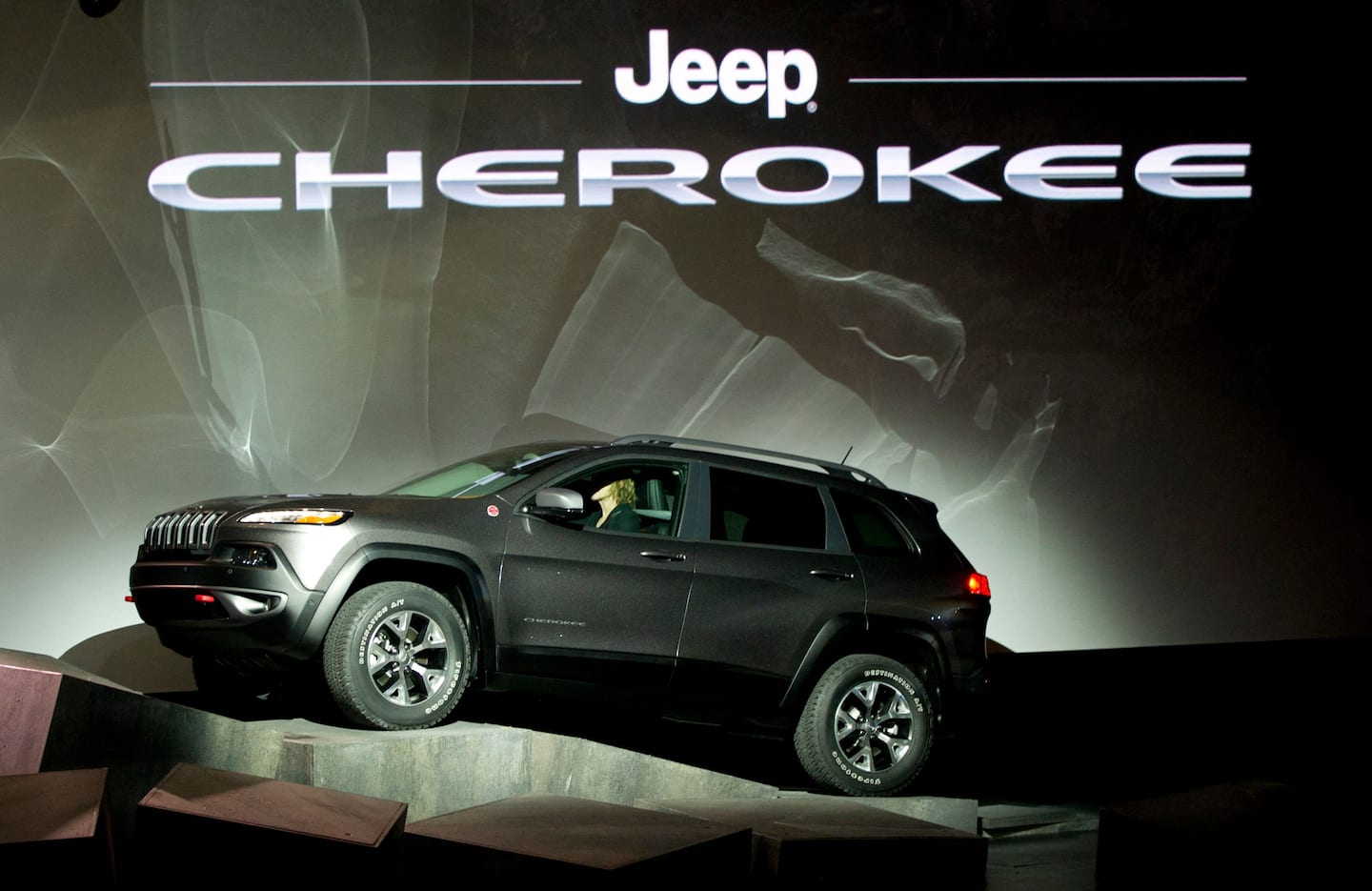The Jeep Cherokee is not a tribute to Indians. Change the name.

Jeep is not alone. Legions of Native-oriented brands crowd the marketplace — and exploit tribal names to build brands and market products that have nothing to do with the communities with which they are associated. Apple named a recent operating system Mojave. Mohawk Industries produces carpets and flooring materials. North Face sells Chilkat insulated boots. The Apache Software Foundation maintains an open-source web server. Yakima makes roof racks. In each case, non-Indigenous entities benefit financially from the brand identity provided by Indigenous terms and names — commonly offering nothing to the Indian nations upon which these identities are based.
Defenders of this appropriation often portray it, as did Jeep, as a tribute to Indians — without pausing to ask how Indians themselves experience it. But as Cherokee Nation Principal Chief Chuck Hoskin Jr. noted, “it does not honor us by having our name plastered on the side of a car.”
Native trademarks are particularly fraught, because they cannot be disentangled from the harrowing history of mistreatment and land dispossession in the United States. Over the years, non-Indians have co-opted Indian culture and identity as a distinctly American phenomenon. The practice of generations of American children playing “cowboys and Indians” is one facile example. Native trademarks are its legacy.
The reach of powerful brands — and the campaigns associated with them — can overpower the voices of tribes and people themselves. By removing tribal names from their histories, lands, contexts and cultures, they obscure contemporary Native American nations. They also sanitize complex histories of racial and colonial harm.
For example, since the first Eskimo Pie trademark was filed in 1921, the cheery icon of an Alaska Native child wearing traditional cold weather clothing has traveled not only throughout the United States but around the globe. This happy-go-lucky imagery has circulated more broadly than knowledge of Alaska’s complex colonial history, ignoring the sovereignty of the Indigenous peoples of Alaska. Dreyer’s Grand Ice Cream announced last year that it would change what it called the “derogatory” name to Edy’s Pie and discontinue the use of the character.
Addressing this paradox — the ubiquity of American Indian names and the simultaneous neglect of American Indian peoples — requires us to reckon with our own history, in which the dispossession of Indigenous land and culture are intimately linked to the rise of racialized marketing. It entails confronting the multiple mechanisms behind this phenomenon — from seemingly harmless branding to popular cultural appropriation to gaps in the scholastic curriculum — that make it possible for our states, counties and municipalities to bear Indian names, even as most Americans do not even know the tribes on whose land they reside. Colonization long ago promised the disappearance of American Indians and Indian nations, but, hundreds of years later, tribes are still here — resilient, proud, and strong.
It is timely, now more than ever, to respect American Indian voices and perspectives. Native groups have been protesting the names of teams for decades; last year two of the most prominent offending sports franchises — in Washington and Cleveland — announced decisions to change course. A photograph from a 1996 protest shows a young Native American teenager standing with a handwritten sign that read, “I am not a mascot.” Twenty-five years later, he is still as right as he was then.
Remedying the harms of the past will require more than simply changing a name or a logo, but it is a first step toward ensuring that racial stereotypes are retired to the annals of history.
Read more:






